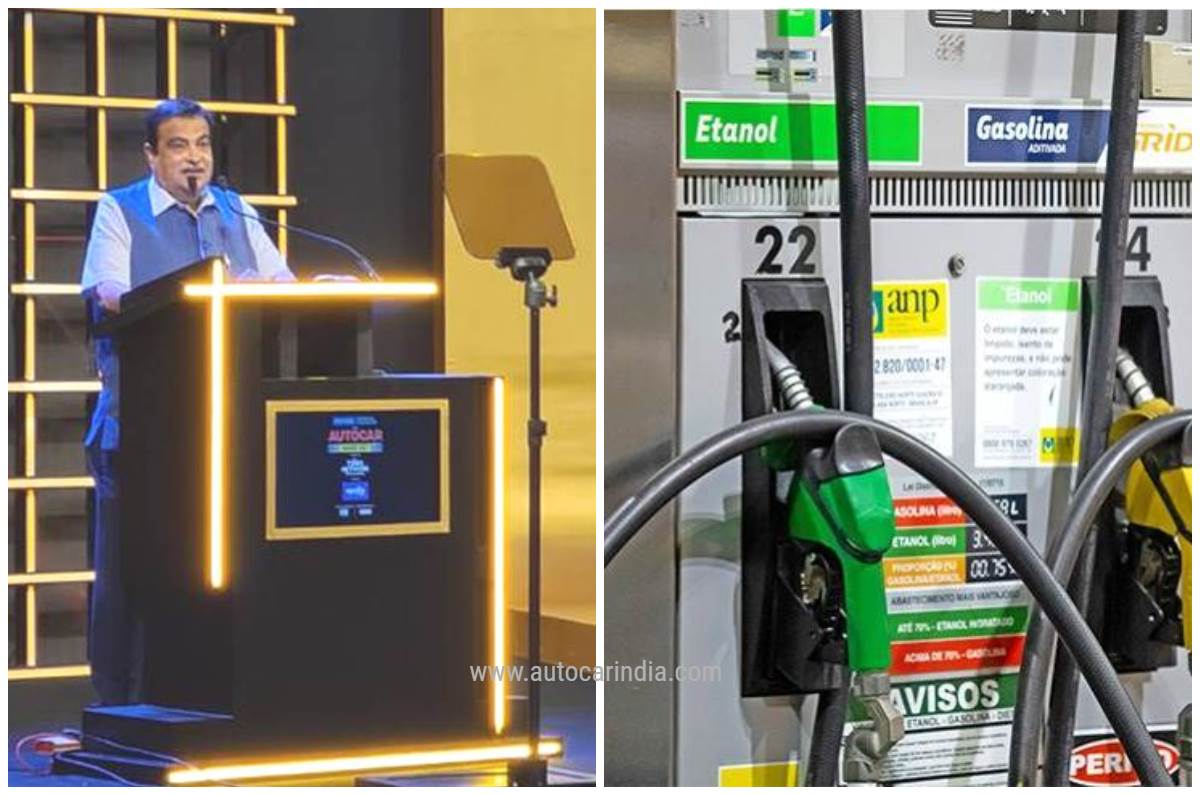Nitin Gadkari urges automakers to roll out flex fuel vehicles in a year

The Union Road Transport and Highways Minister Nitin Gadkari has today met a delegation of CEOs of SIAM (Society of Indian Automobile Manufacturers), and has urged automakers to rollout flex-fuel vehicles in the Indian market within a year’s time.
- Gadkari emphasized on quick roll out of Flex-Fuel vehicles in India
- Flex -fuel vehicles can run on 100 percent petrol or 100 percent ethanol
- Such vehicles are currently available in North America and Brazil among other markets
Focus on roll-out of flex fuel vehicles
Mr. Gadkari has appealed to the delegation of CEOs of SIAM to rollout flex fuel vehicles capable of running on 100 percent ethanol or gasoline in the Indian market within a year's time. A ‘Flex fuel engine’ is an internal combustion engine that can run on more than one fuel and also a mixture.
"Met a delegation of CEOs of SIAM (Society of Indian Automobile Manufacturers) in New Delhi today. Emphasized on the need for a quick roll-out of Flex-Fuel Vehicles (FFVs) capable of running on 100% ethanol and gasoline into the Indian auto market within a year's time," the minister said in a tweet.
Typically, a blend of petrol and ethanol or methanol is used, and the engine is capable of automatically adjusting for any percentage of the blend, thanks to modifications like a fuel composition sensor and suitable ECU programming.Flex fuel engines are capable of running on 100 percent petrol or 100 percent ethanol and are already available in countries such as Brazil, the USA, and Canada.
India already uses ethanol blended petrol, which started with a 5 percent doping level, while currently it stands at about 10 percent. Earlier last month, the government brought forward its target for producing 20 percent ethanol blended petrol (E20) by two years, from 2025 to 2023.
As per an official statement, the delegation of CEOs comprised private, commercial as well as two-wheeler manufacturers. The delegation met the minister to present an update of the auto industry’s status and even requested for the deferment of emissions-based regulations such as the second stage of Bharat Stage 6 and phase 2 of CAFÉ norms.
As of now, the CAFE-2 norms are set to come into effect in 2022 and BS-VI stage II norms are set to come into force beginning April 2023. “The requests of SIAM are currently under consideration and a follow-up meeting may be organized within a fortnight”, said the ministry.
Proposes compulsory inclusion of 6 airbags across all variants/segments
During the meeting, in the interest passenger vehicle safety, Mr. Gadkari also urged all private automakers to compulsorily provide a minimum of 6 airbags across all variants and segments of the vehicle.
Also See:
No relief for Tesla from high EV import duty in India

No comments
please do not enter any spam link in the comment box